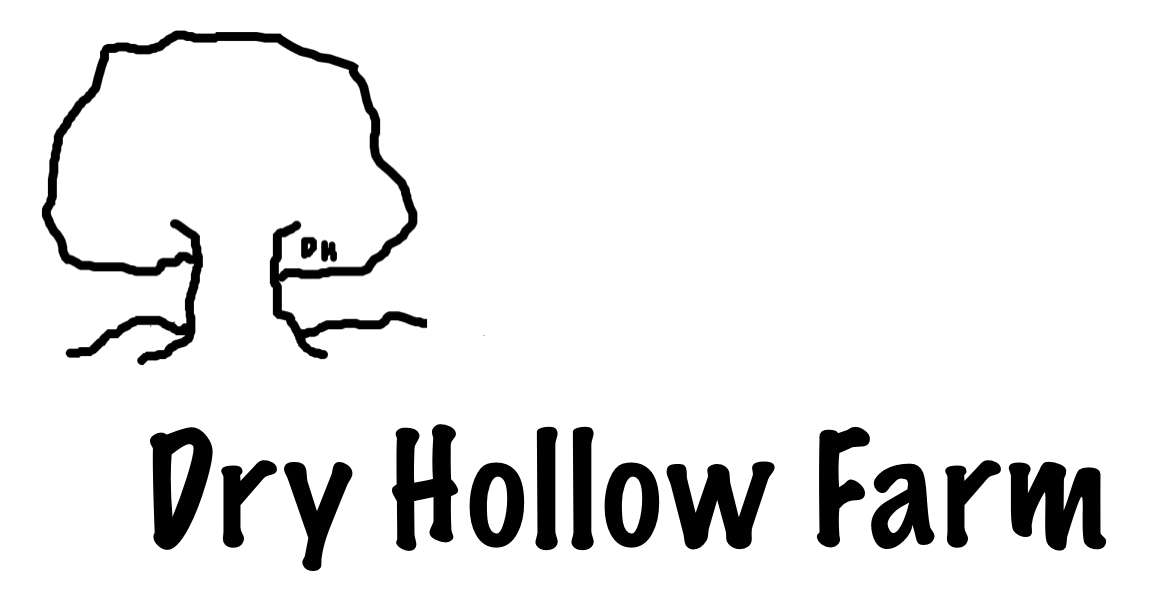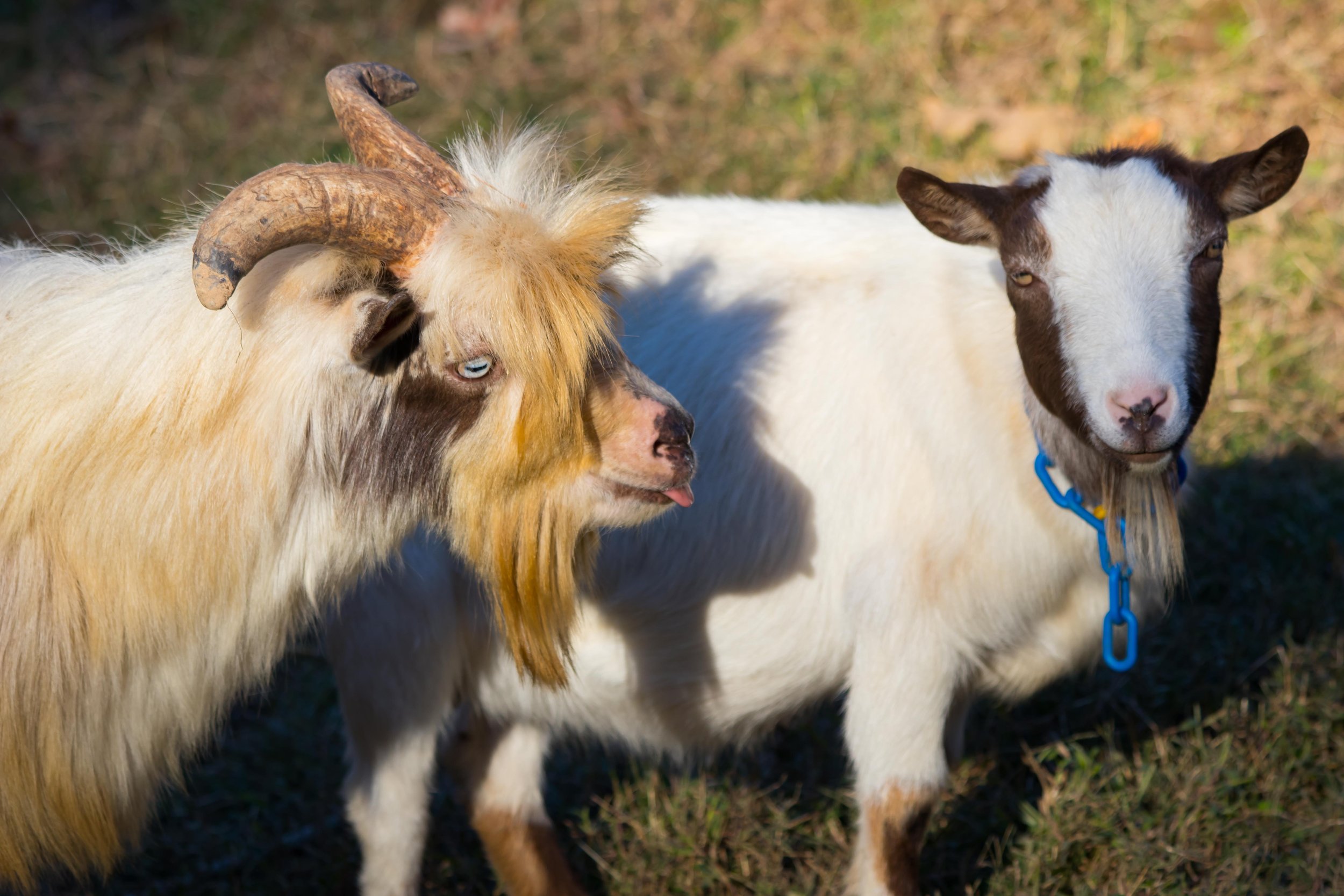Good Fences Make Good Sleeping
I can remember the first time my sweet (and patient!) neighbor called me to say three of my ewes were standing on her back porch peering through the screen door into her kitchen. After experiencing the frustration of tracking and corralling at-large livestock, we quickly learned the value good fencing!
Livestock fencing serves three purposes:
#1 To separate animals who should not be pastured together.
#2 To protect animals from predators.
#3 To keep livestock from wandering onto your neighbor’s back porch …
Many new property owners succumb to the siren song of purchasing livestock before creating adequate enclosures for their animals. Quality fencing appropriate for your livestock choice is imperative no matter the sticker shock you experience when pricing rolls of fencing, posts, and gates. If you want to protect your livestock (and your investment), invest in high-quality fencing from the outset.
This is what we learned
#1 Electric fencing for sheep and goats is seldom effective. Why? Fleece will often protect the the sheep from feeling any electric shock when passing through the wires to explore what lies beyond. Goats will repeatedly test the fencing and take advantage of an escape opportunity every time the wire shorts or the electricity falters. They have an instinct about this kind of thing …
#2 Goats enjoy all-over body massages conveniently provided by rubbing against mesh fence wire. If cheaply-made wire fencing is used, or costs are cut by installing fewer metal t-posts per fence footage, sections of fencing will soon bow and bend from their constant pushing against it.
#3 If separated from his herd, a buck or ram will use any strategy necessary to return to his ladies. We have pasture gates that look like twisted metal sculptures from repeated horn-bashing. We’ve had thick barnwood doors busted to pieces. We’ve watched bucks use incorrectly installed cross-beams for stabilizing cedar posts to jump out of their assigned pasture. (I’ve also watched a breeding buck use our wellhead cover to jump back into the pasture where his does reside.)
Our takeaway? Do not buy any animals until you have an appropriate and secure pasture prepared for them. They are escape artists, susceptible to hungry predators, and subscribe wholeheartedly to the mindset that grass is greener on the other side!
And … Be thankful for good neighbors!
Dr. Kathryn Bush owns and operates Dry Hollow Farm, a working goat and sheep farm in Huntingdon, Tennessee. Together with her husband, Russell, she creates skincare products from their fresh goat milk, grows organic herbs, welcomes visitors to their two cabins on the farm (available for stays through Airbnb), keeps the farm’s on-site soap shop stocked with their handcrafted products, and enjoys working the farm in company with their Great Pyrenees dogs (who work hard guarding the animals). Check out their natural products featuring farm-grown ingredients here, and sign up for the Dry Hollow Farm newsletter to stay in touch and be the first to hear about farm news, events, and new products.

